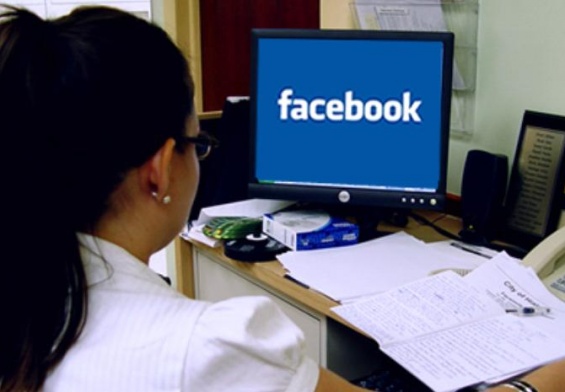Whistleblower Protection New York
By: Ty Hyderally, Esq., and Francine Foner, Esq.
In December of 2021, New York signed a Senate Bill into law, amending Section 740 of the New York Labor Law. The amendments drastically increase whistleblower protections for New York employees by providing updated definitions and widening the scope of protected activity.
What is Section 740 of the New York Labor Law?
Traditionally, Section 740 of the New York Labor Law protects employees that report violations of law that create and present a substantial and specific danger to the public health or safety from retaliation.[1] Thus, employees that report violations that do not rise to the level of a public health or safety threat could face retaliation, with no legal protections. For example, employees who report instances of sexual harassment or tax evasion may not receive protection under the current law.
What changes?
The updated law now covers any activity relating to any practices or activities that the employee “reasonably believes”: (i) violates any law, rule, or regulation; or (ii) poses a substantial and specific danger to public health or safety.[2] Thus, the new law offers a much broader scope of protected activities.
Also, under the current whistleblower statute, “retaliatory personnel action” is defined as the “discharge, suspension or demotion of an employee, or other adverse employment action taken against an employee in the terms and conditions of employment.”[3] The updated definition expands the definition of a retaliatory action to include: (i) adverse employment actions or threats to take such adverse employment actions against an employee in the terms of conditions of employment including but not limited to discharge, suspension, or demotion; (ii) actions or threats to take such actions that would adversely impact a former employee’s current or future employment; or (iii) threatening to contact or contacting United States immigration authorities[.]”[4]
Additional updates to the whistleblower statute include the extension of the statute of limitations from one year to two years; the addition of punitive damages as an available remedy; and more lenient notice requirements. The new law will only require employees to make a “good faith” effort to notify their employer of violations before disclosing to a public body.[5]
Who is protected under the revision?
These additions are important because the law now protects former employees, who were previously unprotected if their former employer continued to retaliate against them by interfering with their current or future employment opportunities. It also adds protections for immigrants, which were not previously included.
Furthermore, the definition of an “employee” under the current law is “an individual who performs services for and under the control and direction of an employer for wages or other remuneration.”[6] The new law now includes former employees and independent contractors.[7] As such, these additions will now provide protections to all workers, despite the common mistake of misclassifying employees as independent contractors, and vice versa.
En nuestra firma hablamos español. This blog is for informational purposes only. It does not constitute legal advice, and may not reasonably be relied upon as such. If you face a legal issue, you should consult a qualified attorney for independent legal advice with regard to your particular set of facts. This blog may constitute attorney advertising. This blog is not intended to communicate with anyone in a state or other jurisdiction where such a blog may fail to comply with all laws and ethical rules of that state of jurisdiction.
[1] N.Y. Labor Law § 740(2)(a) (McKinney).
[2] Senate Bill 4394-A, N.Y. Labor Law § 740(2)(a), https://legislation.nysenate.gov/pdf/bills/2021/S4394A.
[3] N.Y. Labor Law § 740(1)(e) (McKinney).
[4] Senate Bill 4394-A, N.Y. Labor Law § 740(1)(e), https://legislation.nysenate.gov/pdf/bills/2021/S4394A.
[5] Senate Bill 4394-A, N.Y. Labor Law § 740(3)(a), https://legislation.nysenate.gov/pdf/bills/2021/S4394A.
[6] N.Y. Labor Law § 740(1)(a) (McKinney). [1] Senate Bill 4394-A, N.Y. Labor Law § 740(1)(a), https://legislation.nysenate.gov/pdf/bills/2021/S4394A
[7] Senate Bill 4394-A, N.Y. Labor Law § 740(1)(a), https://legislation.nysenate.gov/pdf/bills/2021/S4394A




